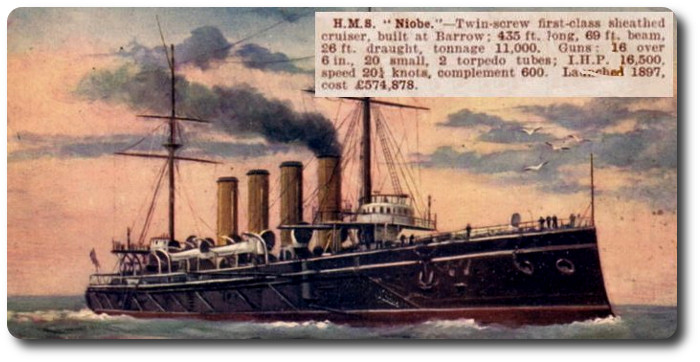Topic: Discipline

Discipline in the Navy
Nothing is more injurious to discipline than to give way to insubordinate demands or refusals to carry out legitimate orders.
From the Report of Admiral of the Fleet Viscount Jellicoe of Scapa, G.C.B., O.M., G.V.C.O., on Naval Mission to the Dominion of Canada (Nov-Dec 1919)
The most efficient ships, in which a high standard of discipline (associated with kindness, courtesy and sympathy) is maintained, are always the happiest. Men-of-war which are really efficient in gunnery and torpedo work, coaling and steaming, boat-pulling and games (proficiency in each of which can only be obtained after much hard work) are probably correct in all essentials, including the mental and moral well-being of officers and men. Without good discipline the above achievements are not within reach.

Very briefly, the following are the essential rules for teaching and maintaining discipline:—
(1) All officers must be thoroughly disciplined, and must be as efficient as possible so as to win the respect of their men.
(2) Justice must always be given—infinite pains being taken in hearing defaulters.
(3) Unkindness (including sarcasm, i.e., unkind words) must never be allowed.
(4) Courtesy must always be practiced.
(5) Reproof must always be impersonal, for it is administered because the offender has not acted up to the high standard of the Navy.
(6) Kindness from a superior must never be mistaken for weakness.
(7) Discipline must be maintained. Nothing is more injurious to discipline than to give way to insubordinate demands or refusals to carry out legitimate orders.

